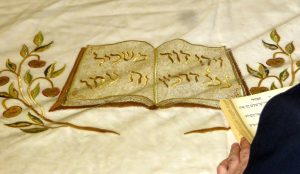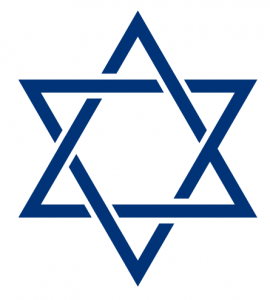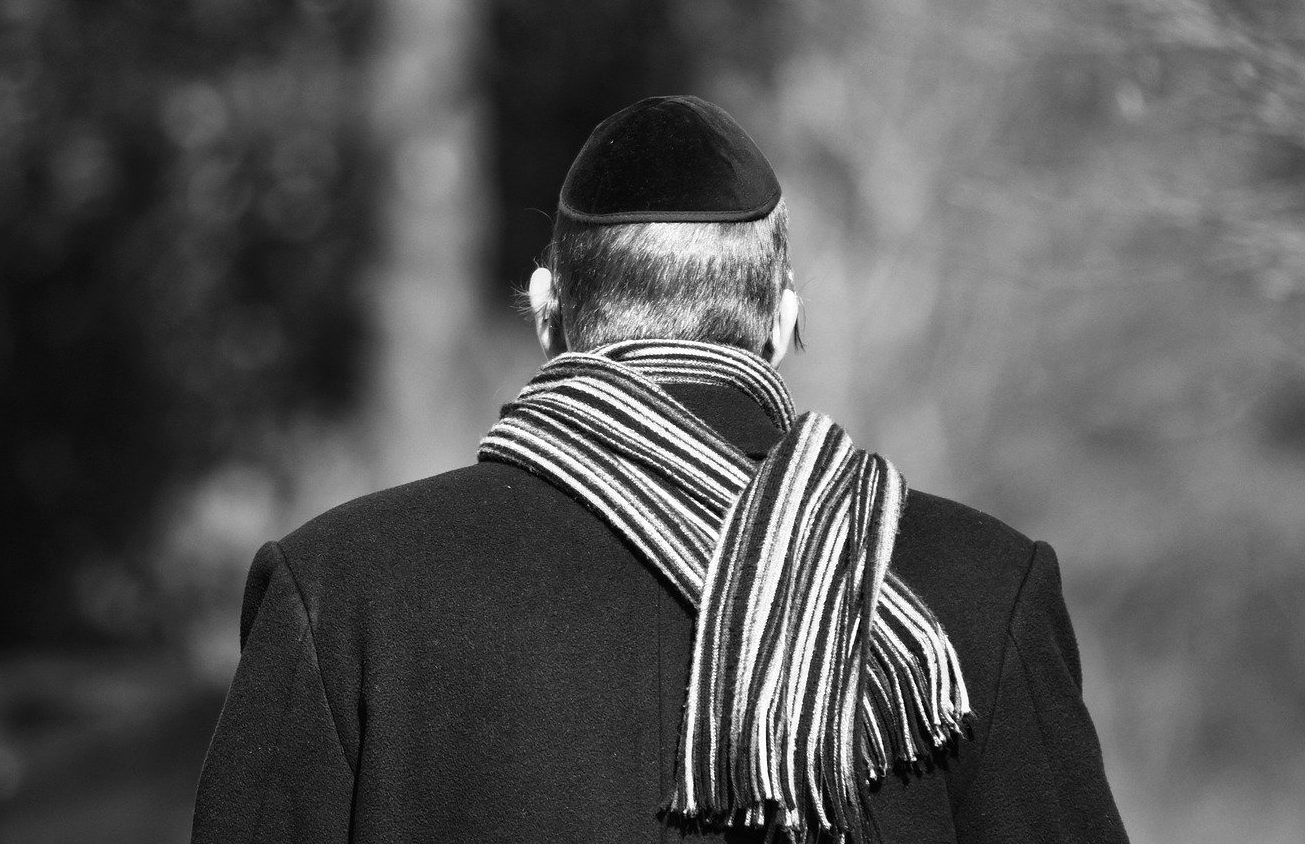Interfaith Week – a personal look into Judaism
For our second interview, we spoke to Zbigniew about what his Jewish faith means to him and how it affects his mental wellbeing.
What is your religious/spiritual background and how long have you been practising it?
Like many Anglo-Poles, my family’s legacy starts with immigration, but this is not a story about assimilation; it is a celebration of mixed heritage. I was brought up as a Roman Catholic – the cultural glue for the post-war Polish communities displaced into the UK. However, my final religious choice is Judaism. It is not about belief or disbelief in differing faiths, but about trust in the wisdom and power of a way that tries to make sense of one’s purpose in life. Judaism has given me serenity and a feeling of well-being – of calmness and acceptance that all will be well. Just as I believe, that in the darkness of the night, there is a sun even though it is not visible.
In this broken world of disconnection, fear and social and environmental injustices, we can feel fearful, apathetic and powerless. The overwhelming welcoming and deep trust that the Jewish community provides me, shows that another world is possible. Anchored by Jewish tradition, rituals and trust, we can hope to be more compassionate, loving and just human beings who actively contribute to the world we want to see.
I believe that Jewish teaching and history offer deep wells of wisdom that is alive and relevant today. By bringing this wisdom daily into my life, I believe it can help me to remember who I am, to re-value family and friends.
Judaism has given me serenity and a feeling of well-being – of calmness and acceptance that all will be well.
What is your favourite religious/spiritual holiday and why?
Engaging in Jewish ritual is itself being creative; the religious holidays is what keeps the community live and active throughout the year. The holidays themselves are sacred to the faith but it is through their celebration that gives both joys and sorrows; by singing, praying, meditating, learning, eating, playing, celebrating and mourning together. Different holidays have different biblical stories but at the same time each can have a personal meaning; for example, my favourite holiday is Shavuot – 50 days after Pesach- 50 days after the liberation of the Egyptian slaves, the Hebrews received the tablets with the 10 commandments from God on Mount Sinai. This was the moment that the covenant between God and the Jews was made – and has lasted some 4,500 years – without a break. It was when the Hebrews were ‘converted’ to Judaism. Thus for me, a convert, it is full of personal significance.
Would you say your faith has a positive influence on your mental health and why?
I would say yes, for we as a community affirm each other as friends and supporters, teachers and students, intellectually and just for fun. We welcome each other exactly as we are – Jews and non-Jewish believers and sceptics. The relationships are remarkedly fluid yet hold certain values that express positivity, for example:
Torah: Torah – Learning and being in active conversation with ancient wisdom that holds, moves, informs and challenges.
Chesed: Loving Kindness – the key, yet hidden quality: the building block of kindness, care and friendship; sharing each other’s joys and struggles.
Tzedek: Justice – Acting with justice and compassion, working towards the creation of a more loving world; acknowledging the connectedness of our fate with the fate of other communities, British society and the wider world.
Kavanah: Intentionality – Creating meaningful Jewish rituals that guide and build intention: engaging creatively with the Torah & Jewish practice to inspire meaning and connection in our lives.
Hineni: ‘Here I am’ / Leadership – Believing that every one of us, Jewish or other faiths, whatever our backgrounds, strengths and relationships (with Judaism and with each other), has something of value to offer, and the power to make change.
If any, is your faith detrimental to your mental health at all?
What I find detrimental is others lack of respect for one’s choice and beliefs. More than tolerance is needed to communicate acceptance of each other’s tradition. Sincere appreciation for the meaning and richness of both Christmas and Hanukkah should help rather than create tensions and adversaries.
Is there a quote or citation from a religious text or religious/spiritual leader that you find particularly inspiring or hopeful at times like these?
The quote from the Book of Ruth – she as a convert and the great grandmother of King David said this to her mother in law:
For wherever you go, I will go; wherever you lodge, I will lodge; your people shall be my people, and your God my God. Where you die, I will die, and there I will be buried. Thus and more may the Lord do to me, if anything but death parts me from you.
(Ruth 1:16–17)
Why is this such a meaningful statement: Do What You Know Is Right, Not What Looks Right to Others.
Posted on: 11th November 2020



